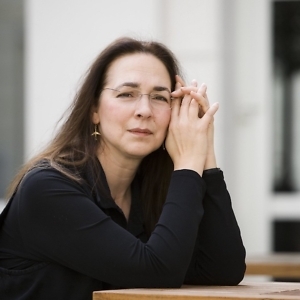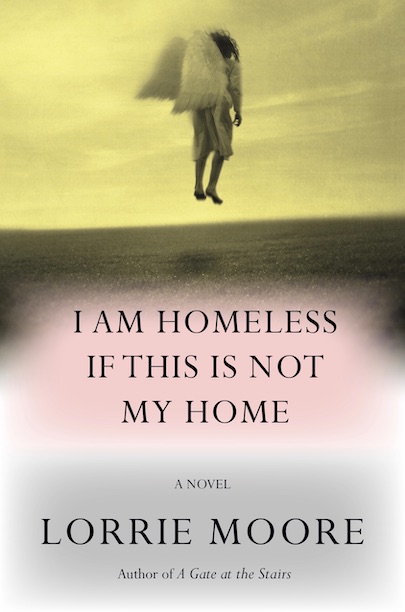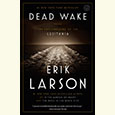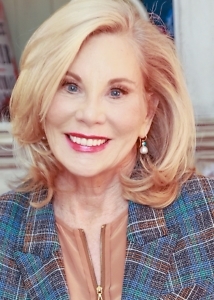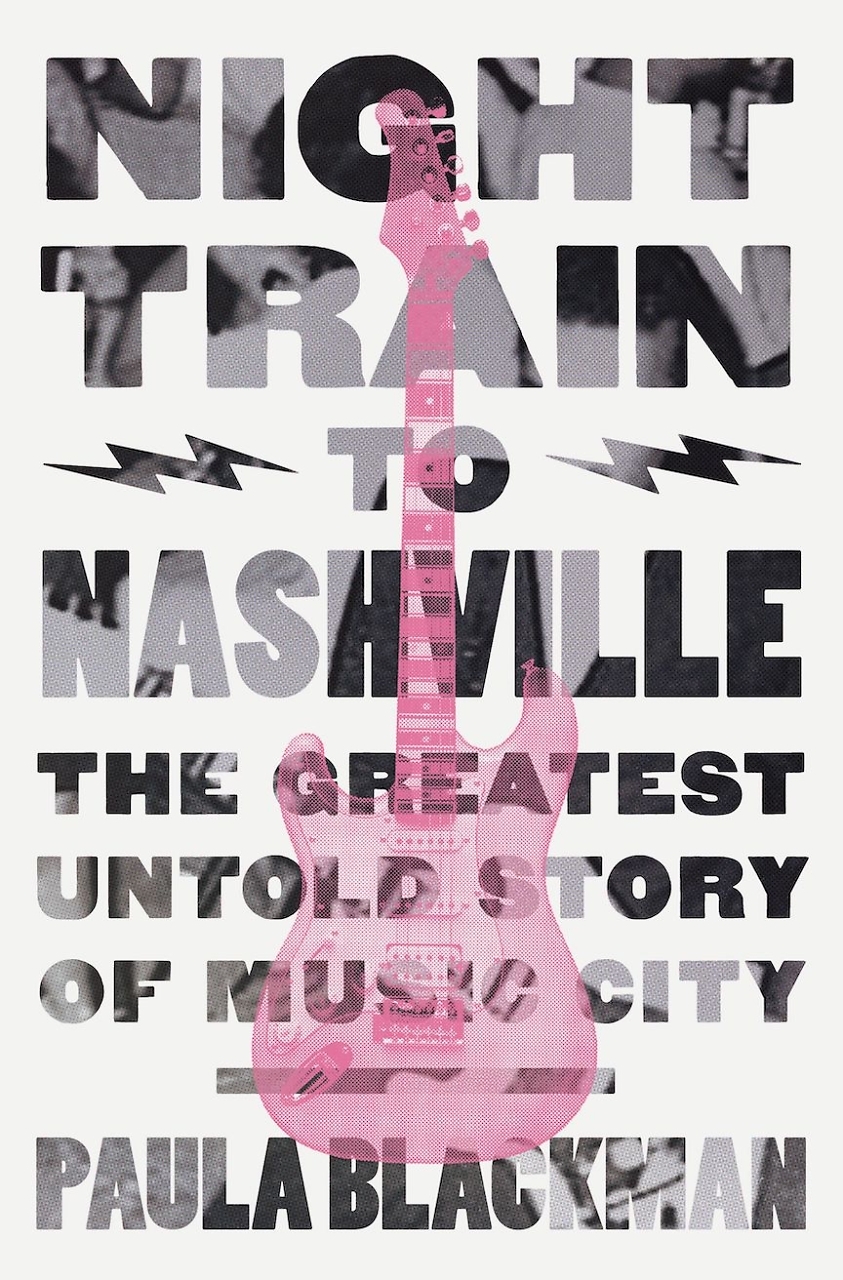Quintessential Observer
Brandon Taylor on his Southern roots and the joys of analog
Brandon Taylor, the Alabama-born writer whose 2020 debut novel, Real Life, was a finalist for the Booker Prize, tries to avoid setting his stories in the South. “I didn’t feel like I could write about the South because I was too close to it,” he says. “When you’re too close, you can’t really see it.” The Midwest — particularly Iowa and Wisconsin — has served as the primary milieu for his characters.
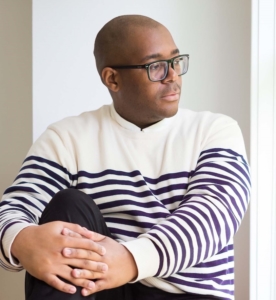
His bestselling book of short stories, Filthy Animals, won the 2021/22 Story Prize and has just been released in paperback. His forthcoming novel, The Late Americans, will be published in 2023. Taylor is an editor-at-large at The Sewanee Review, and he writes critical essays on his Substack, sweater weather. He currently lives in New York City.
Taylor spoke to Chapter 16 about his Southern roots, his Baptist upbringing, how his brief career as a scientist has influenced his writing, and why he has been increasingly drawn to analog technologies in our digitally obsessed world. The interview has been edited for length and clarity.
Chapter 16: You grew up in Alabama. You’ve lived in the Midwest, and now you’re in New York City. Is there a region you feel has shaped you the most?
Brandon Taylor: I’m from Alabama, my whole family is from Alabama, everybody still lives in Alabama, and they have for many, many, many generations. When I was living there, I felt not very Southern at all. Everyone was always telling me that I didn’t sound Southern and that I didn’t have a Southern affect or a Southern attitude toward life. So I thought, I can’t wait to leave here. It was in the Midwest that I realized how deeply Southern I, in fact, was. I was suddenly like, Oh my God, who are these people? Why do they behave in these strange ways? I am not accustomed to this.
I didn’t feel like I could write about the South because I was too close to it. When you’re too close, you can’t really see it. Whenever I would try to write about a character in the South, I would feel kind of paralyzed by all the things that I knew. I would feel like I was constantly getting something wrong when I tried to write about the South. So I started writing about the Midwest. I write about the Midwest a lot because I know a lot about that as a setting, but I think spiritually, and maybe psychically, my characters feel quite Southern to me.
I feel like a lot of my characters, even though they’re in the Midwest, they’re often displaced to the Midwest. I was there as an outsider and a quintessential observer. It’s where I learned to write real stories, in a sense.
But I think the governing attitudes of my work are deeply Southern. There’s something about my characters — a dry, amused, resignatory orientation to the world — that feels very Southern to me. A bantery, quick-wittedness feels quite Southern to me. And also a sort of constantly brooding sinfulness. There’s something quite romantic to Southerners. There’s something mournful and longing in them.
Southerners are always exiles, even when they’re home.
Chapter 16: Your book opens with an epigraph from the Gospel of John. What role has the Bible played in your life?
Taylor: I grew up in a really religious Baptist family. One of my uncles collected Bibles, and during the summer one of his means of keeping me busy was having me copy down passages for him. We had all these different Bibles and religious texts around the house. We went to church every Sunday. I went to Vacation Bible School. I grew up reading the Bible and singing hymns. As a consequence of growing up in the church, whenever I reach toward meaning or personal revelation or epiphany, my writing takes on this King Jamesian cadence and lyricism. That is what meaning sounds like to me.
My characters are often beset by a childhood faith that haunts them and follows them for the rest of their lives. They can never quite escape that first essential education in the ways and words of God. The Bible has always been there haunting me in ways interesting, good, and bad.
Chapter 16: Many of your stories portray white characters seen from the perspective of non-white characters, which can be quite revealing for white readers. One of your stories reads, “White people had a vast hunger for the calamities of others.” Have you had responses from white readers who felt they had never had that kind of self-reflection before?
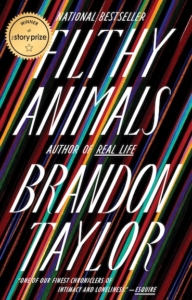 Taylor: Oftentimes that is one of the more common responses I get in my work. People are often shocked at that.
Taylor: Oftentimes that is one of the more common responses I get in my work. People are often shocked at that.
They realize the extent they have been assuming a white centrality in literature. They’ll read one of my stories and say, “This felt very familiar to me, and then I found out the character was Black and I had been assuming the character was white.” We all come to books and stories with assumptions. I think the really best stories illuminate those assumptions to us in ways that are illustrative, instructive, and hopefully moving and instructive, and not too destructive. It can be disorienting for readers.
Chapter 16: As a Black writer, is writing white characters a challenge at all?
Taylor: My answer to this has evolved. Earlier in my writing life, I would have been like, Yes, of course, I’ve lived with a white overculture my whole life. I understand white people very well because I’ve been bombarded with stories told from a white point of view. But as I’ve matured as a writer and as a person, what I’ve realized about my own writing — and art in general — is where I start from, regardless of whatever affinities I have or do not have for the character, I always start from a place of ignorance with a character. What I try to do is understand who they are, what motivates them, what moves them, what they’re afraid of, what they need. I try to understand their lives. Regardless of whatever I think I understand about that character, I always assume that I know nothing. I try not to make assumptions, and I make my way through.
A lot of my writing is guess and check, as we used to say in science. A lot of it is trying to be sensitive and emphatic and curious about people’s lives and trying to portray a living, breathing person on the page. That job is hard enough. Am I affording this character a full, robust humanity? Am I being cliché? Am I doing my job, which is ultimately to honor this character’s life? It’s a lot of asking myself really uncomfortable questions and trying to interrogate my own biases and blind spots. For me the best way to do that is to make no assumptions at the onset.
Chapter 16: You were a scientist before becoming a writer. Many of your characters have STEM backgrounds, and you often place them among, say, artists or dancers. How did your science background shape the way you write?
Taylor: Science is where I learned how to think analytically and critically. I consider science and art very similar. They’re both means of discernment. It has its imprint on my mind. Everything I write is through this lens of having been trained as a scientist because I don’t know any other way to think. It’s like the church. Even if you leave it, it never quite leaves you.
Chapter 16: In addition to your books, you also write for public audiences on Substack, on Twitter, and through critical essays. You communicate differently in each medium. What is the role of social media in your life? What value does it bring you, if any?
Taylor: I’m possibly too online. When I was living in Madison, Wisconsin, trying to figure out how to be a writer, I didn’t have a big literary community — I didn’t have any literary community. But I knew that I wanted one. So I did what I’ve done my whole life: As a child of the 90s and early 2000s, my solution to everything was to get online and find a message board. I got onto social media just to try to find people who cared about books and things that I cared about. It was really affirming and nice to feel like I was part of this community in whatever form that was. I didn’t know any writers outside of the Internet.
As I’ve grown, my relationship to social media has changed. The more followers you get, the more people project onto you their stuff with respect to whatever it is you represent to them. I used to litigate that with people, but now I am like, I am not responsible for your feelings about me, about writers, or about the state of literary discourse. That is between you and your diary and your feelings.
Chapter 16: There’s a scene in Filthy Animals when a character wishes someone a happy birthday. He responds by asking how she knew it was his birthday, and she says, “I saw it online. We’re friends there.” This kind of thing must happen to you all of the time now. People act like they know you because they interact with you online, but they don’t even know you.
Taylor: I used to think that only happens to famous people.
Chapter 16: Oh, come on, you’re famous.
Taylor: Stop it! My friends say that to me. How am I famous? I am not famous! I am a nobody.
One lady stopped me when I was crossing the street and was like, “Hello. I love your tweets.” That is the thing that I hear the most.
Chapter 16: It must be strange to be an acclaimed writer of books, and people say, “I love your tweets.”
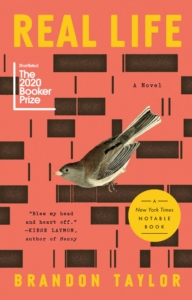 Taylor: It’s not strange, but it is funny. This is going to sound really pretentious and full of myself, but I am a fairly acclaimed author. I am one of the “literary people” of my time. What people mostly know me most for is tweets about bad TV shows. I think most people know me for being a bon vivant, a gadfly out in the world, as opposed to, like, an author of very austere domestic literary fiction.
Taylor: It’s not strange, but it is funny. This is going to sound really pretentious and full of myself, but I am a fairly acclaimed author. I am one of the “literary people” of my time. What people mostly know me most for is tweets about bad TV shows. I think most people know me for being a bon vivant, a gadfly out in the world, as opposed to, like, an author of very austere domestic literary fiction.
Chapter 16: You’ve gotten into film photography lately and seem to really embrace analog products. When you shift to analog, does that change the way you think versus being online?
Taylor: I feel like I moved to New York and went full analog. I went even further into film photography, I bought a new record player, and I got into fountain pens.
I got into film photography because I was going through this intense period of writer’s block and had this novel that I just wasn’t able to get going. I was so miserable. I thought, what if I never write again? I need to be okay with that. I would need something else to do with my life. I had always wanted to try film photography, but I never thought that I was a person who would be able to figure it out. It was so nice to be not tethered to instant feedback. I was learning a new skill and had permission to be bad at it for as long as I wanted to. I had no ego attached at all. I was teaching myself everything I could learn about photography. It was just really nice to be able to go out for three hours in Iowa City and take pictures. To escape the dread of never being able to write again.
Chapter 16: What drew you to analog?
Taylor: I think it was a desire to decouple from the online-ness of life. I grew up on a farm — as analog a way as it was [possible] to grow up in the 21st century. We didn’t have cable. I spent a lot of time doing stuff with my hands outside. In some ways I was trying to remember who I was before I got so online and so outward facing.
There’s something really nice about analog. When you make a decision in analog, it is irrevocable. On digital, you can delete it or download a different album. But with analog, you’re locked in by the physical materiality of what you’re doing. You’re bound by the laws of the film stock you’re using, or the shape of the nib of your fountain pen, or how your record was pressed. You have to become really intentional about what it is you’re doing.
It forces you to commit to your choices, think about them, and sit with what you’ve decided. I was trying to get back in touch with myself.
Chapter 16: What can you share about your next book, The Late Americans?
Taylor: The Late Americans is a part of what I call my Midwestern quartet. My first four books are either set in Madison or Iowa City, and they alternate between the two. It’s a novel about a group of people in a year in Iowa City. It’s kind of like a relay among all these different characters. The book opens with a poet, and very quickly from there we encounter a guy who works in a meat packing plant, a woman who gives swim lessons, dancers, artists, and an amateur pornographer.
To me, the novel is about trying to fight the struggle of self-expression. How is it that we are able to articulate who we are to other people? How can we make ourselves understood and known to understand other people? And hopefully it’s really funny, because I laughed a lot while writing it. It was a way of processing a lot of my experience in Iowa City as I was maturing as an artist. It was a really difficult and sometimes painful and embarrassing maturation. Hopefully the book speaks to some of the absurdities of trying to figure out who you are and what you want in this wacky age of ours.
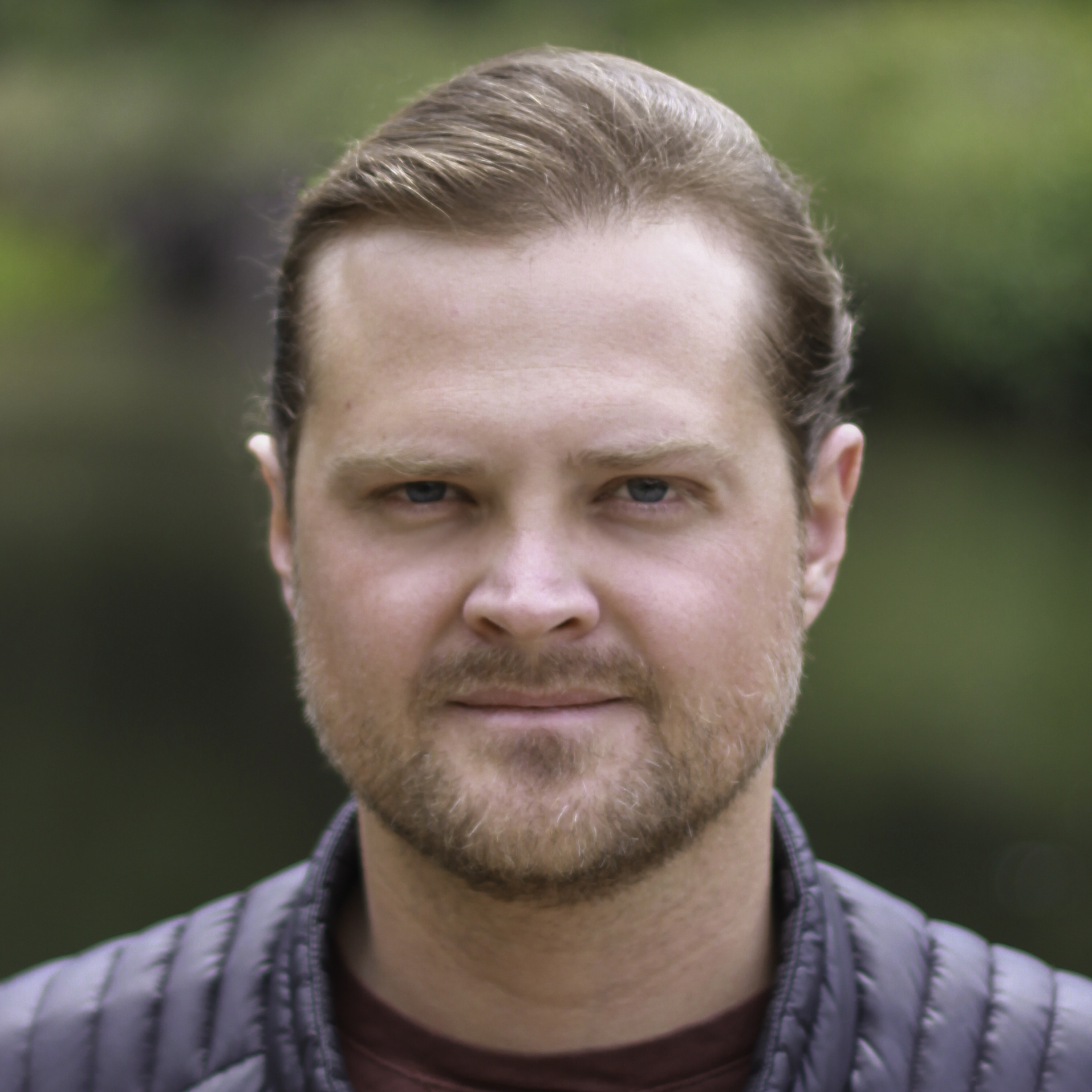
Chris Moody is a reporter based in Chattanooga. His writing has appeared in The Washington Post, Outside, The New Republic, CNN Politics, VICE News, Reason, and more.
